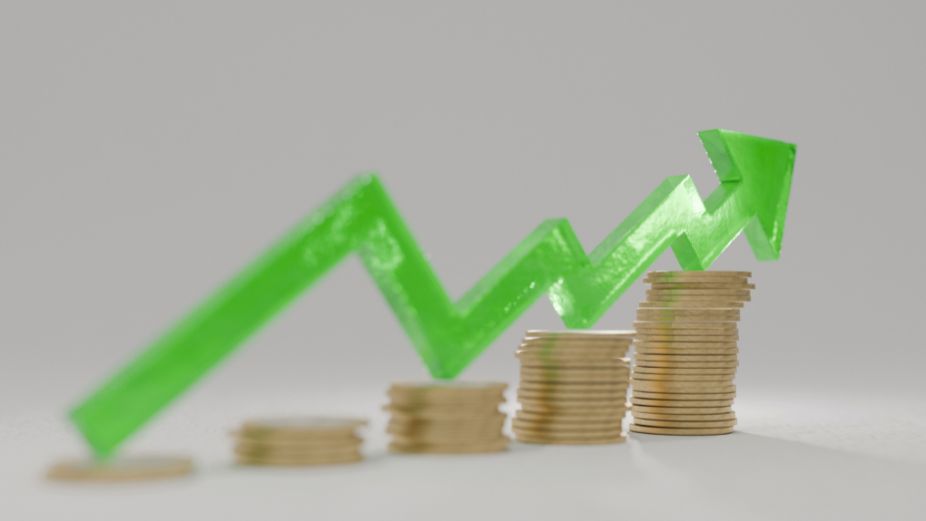
A new study by the Maldives Monetary Authority (MMA) has found that the January 2023 increase in Goods and Services Tax (GST) pushed up the cost of living across the country, especially in services like transport, hotels, and healthcare.
GST is a tax added to most goods and services that people buy. In January 2023, the government raised the rate from 6 percent to 8 percent for general items, and from 12 percent to 16 percent for tourism-related goods and services. The change was aimed at raising more money for the government budget, since GST is one of the biggest sources of state income. In 2023, GST made up more than half of all tax revenue.
The MMA study looked at prices before and after the tax increase to see how much of the rise in the cost of living could be linked directly to GST. Without the tax hike, inflation, which is the general rise in prices, would have averaged about 0.9 percent in 2023. Instead, prices rose by 2.9 percent, meaning GST added about 2 extra percentage points.
The impact was not the same everywhere. Services were hardest hit, with costs rising almost 5 percentage points more than expected. Food prices rose nearly 2 points, while the price of goods like clothes and appliances increased by just over 1 point.
Interestingly, even goods and services that are supposed to be tax-free, like medicines, education, and rent, also became more expensive. The researchers said this may be because businesses still face indirect costs, such as paying GST on supplies, and pass these costs onto customers. Some companies may also have taken advantage of the tax hike as a chance to raise prices across the board.
For households, this means everyday expenses, from eating out, to getting a haircut, to paying for hospital tests, have become more costly. While the government relies heavily on GST to fund services and cover its budget needs, the study highlights how tax changes can quickly show up in people’s wallets.
The authors suggested that the government should keep a closer watch on prices in the services sector to prevent unfair markups and consider support for providers of tax-free goods so costs do not end up being passed on to consumers.
The research also shows the challenge facing policymakers. The government needs GST revenue to fund spending, but higher taxes can add to inflation, squeezing households already dealing with rising costs.












